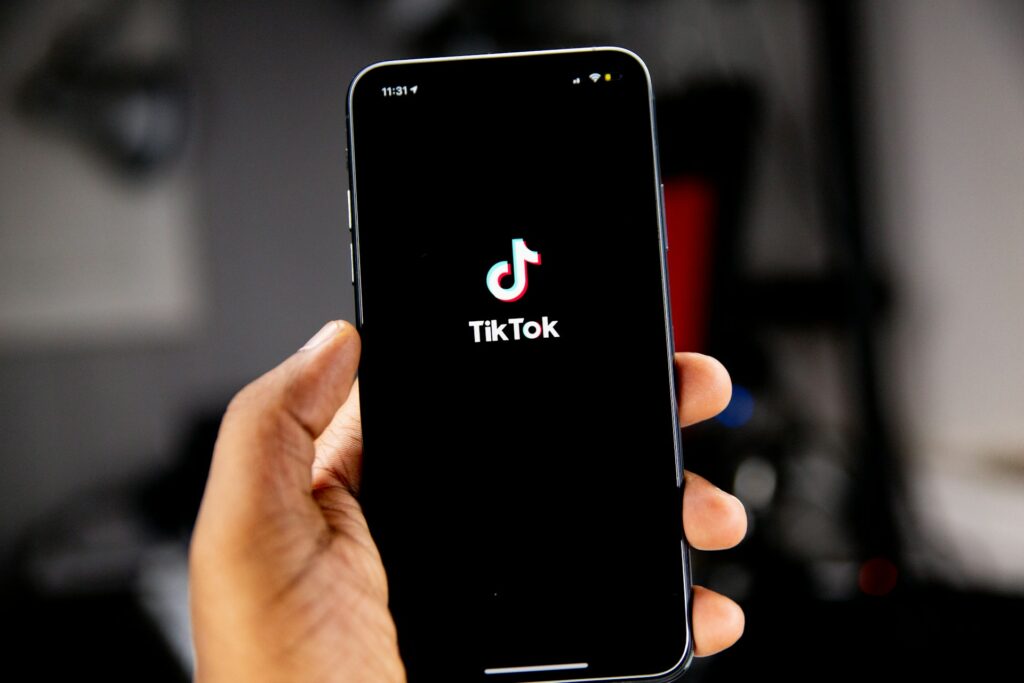
(Cupventi.com) – In a significant legislative move, the U.S. House of Representatives on Saturday passed a bill that could lead to the prohibition of TikTok unless its Chinese parent company, ByteDance Ltd., divests its shares within a specified timeframe. The bill was unexpectedly included in a larger foreign aid package, which has garnered wide support for its provisions related to Ukraine and Israel, signaling a strategic legislative approach to expedite the TikTok ban—a previous version of which had been delayed in the Senate.
The revised legislation, which cleared the House with a robust majority of 360-58 votes, proposes a nine-month deadline for ByteDance to divest, extendable by three months if a sale is underway. This measure, a part of a broader initiative supported by President Joe Biden, now heads to the Senate for consideration.
Despite the legislative momentum, the potential TikTok ban faces significant hurdles, including likely legal challenges. ByteDance has hinted at its intention to pursue legal avenues to block the enactment, citing potential violations of First Amendment rights for its vast user base in the U.S.
TikTok has been vigorously campaigning against the bill, mobilizing its 170 million American users to lobby against the legislation. This strategy, however, has sparked irritation among lawmakers who are increasingly concerned about the implications of Chinese influence through technology platforms like TikTok. In response to the legislative action, TikTok CEO Shou Zi Chew reassured users of the company’s commitment to defend the platform, emphasizing ongoing efforts to safeguard what he describes as an “amazing platform.”
The push to regulate TikTok underscores a broader legislative shift towards addressing technological and digital concerns that had been previously unaddressed, such as user privacy and the influence of digital platforms on public discourse. The bill’s progress is notable not only because it targets a single company but also because it represents a significant departure from the traditionally hands-off approach that U.S. lawmakers have taken towards tech regulation over the past decades.
Critics and supporters of the legislation alike acknowledge that the concerns driving the proposed ban are deeply rooted in national security fears. Intelligence officials and bipartisan members of Congress worry that the Chinese government could compel ByteDance to surrender American user data or manipulate content to serve Chinese interests. While TikTok has consistently denied such possibilities, asserting its operational independence, the absence of conclusive public evidence from the U.S. government regarding these allegations has fueled ongoing debate.
Past legal precedents suggest that TikTok might find some success in court challenges. The platform had previously thwarted similar restrictive measures, including a state-level ban in Montana and a federal executive order by the Trump administration aimed at prohibiting TikTok, which were both overturned on grounds of impinging on free speech and due process.
Meanwhile, various U.S. states and the federal government have enacted TikTok bans on government-issued devices, with varying degrees of legal challenge and judicial decisions. For instance, a federal judge recently upheld Texas’ TikTok ban on state devices, rejecting arguments that it violated academic freedom at public universities.
Support for TikTok also comes from civil liberties organizations like the American Civil Liberties Union, which argues that the legislative move infringes on the expressive and informational rights of millions of Americans.
Amid these controversies, TikTok has not only engaged in extensive lobbying efforts but also launched a public relations campaign, spending millions on television advertisements to sway public opinion against the legislation. These efforts reflect the significant economic and social impact that a potential ban could have, affecting millions of users and numerous businesses that rely on the platform for their economic activities.
As the bill moves to the Senate, stakeholders from across the political and social spectrum continue to weigh its potential impacts. Critics like California Representative Ro Khanna advocate for less restrictive measures that address concerns without outright banning the platform. Content creators like Nadya Okamoto express deep concerns about the bill’s potential effects on their livelihoods and the broader social media landscape.
As this legislative saga unfolds, it remains to be seen how the balance between national security concerns and the rights to free expression and economic opportunity will be navigated in the evolving digital age.